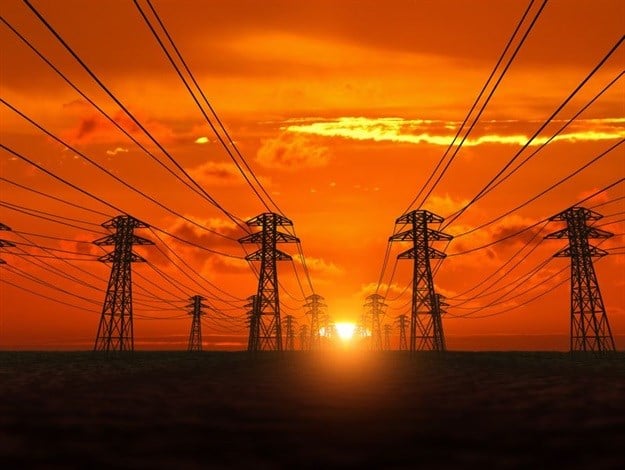Injured cyclist to test consumer law's extent

This is the question the Constitutional Court will have to decide soon.
Johannesburg cyclist Derek Halstead-Cleak was shocked and badly burned by a low-hanging power line in 2013 while cycling with friends near Johannesburg.
The powerline, which belongs to Eskom, had been vandalised.
In an unusual move, Halstead-Cleak asked the Pretoria High Court to hold Eskom liable for his medical and legal costs under the Consumer Protection Act.
The act makes manufacturers, suppliers and distributors responsible for unsafe or defective goods sold to consumers.
Halstead-Cleak won his High Court case. The judge found that even though he was not buying electricity while cycling, he was still a consumer in a broader sense.
Eskom had argued that he was not a consumer and only would have been had he been injured at home.
Legal experts warned that the judgment meant the act had an exceptionally broad reach.
Insurance company Camargu said on its website: "Businesses need to be mindful of customers they might not know they have."
In September, the Supreme Court of Appeal ruled against Halstead-Cleak, saying that the accident could not be understood as consequent on a consumer transaction.
It dismissed the case and ordered the Pretoria High Court to hear the second part of the case, which will examine whether Eskom was negligent in maintaining the power line.
Halstead-Cleak, in the meantime, has filed papers for leave to appeal the Supreme Court of Appeal rulings in the Constitutional Court, arguing that he is protected under the act.
Eskom lawyer Thipe Mothile says the appeal should be dismissed.
In responding papers, Mothile said: "The incident had nothing whatsoever to do with consumers."
He warned that the broader interpretation of the act led to "absurd conclusions and [opened] the door to unbridled liability".
Source: The Times